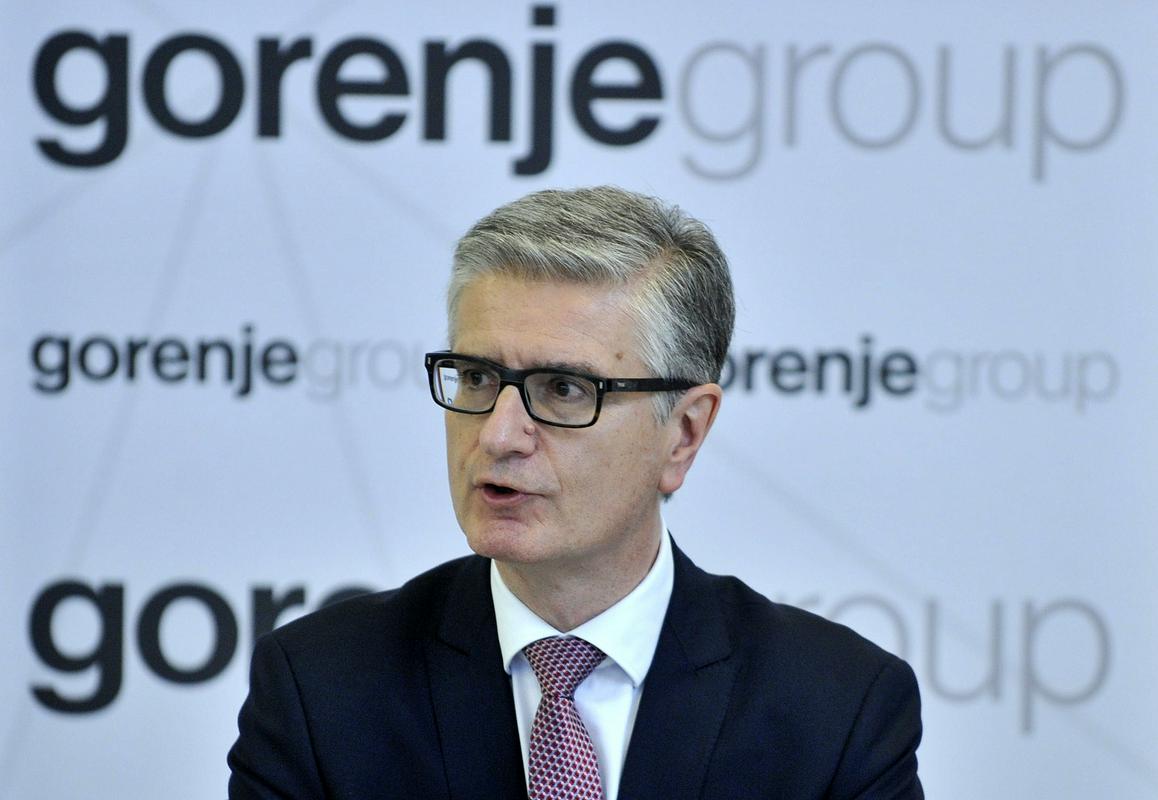
After Gorenje's admission in late July that the Japanese concern Panasonic was conducting a thorough examination of their company and after a delayed announcement to the Slovenian Securities Market Agency (ATVP), news broke about Gorenje CEO Franjo Bobinac discussing this issue informally to PM Miro Cerar but failing to inform the public and the shareholders.
There is no doubt that information about the activities and intent of Panasonic remained confidential, but Cerar could have spread internal information and someone could have taken advantage of it, as despite his function the prime minister is not authorised to know about such information – this is also why ATVP filed a criminal complaint against Bobinac.
But what is more important, is whether the police will be able to track down mysterious buyers of Gorenje's shares, whose price more than doubled between April and July – leaping from four to eight euros. The question is, who was buying these shares from April onwards, using hidden accounts on foreign banks? What did they know? Were they waiting for Panasonic to take over the company, which would cause the prices of shares to rocket and bring good money?
The procedure will take a long time to complete
Deputy Director of ATVP Anka Čadež explains: "The agency is checking who the owners are, since shares are on fiduciary accounts. But since these are foreign banks, we need to contact foreign supervisors, which takes more time."
ATVP's procedure will probably take a long time to compete, and there are many fiduciary accounts that need to be checked. In the case of the Etol company, it took more than a year for the Israeli to share the data.
Gorenje's delay in announcing the information about the Japanese doing a thorough examination, however, is well grounded and is not questionable, says Čadež. "But when it became obvious the information was no longer confidential, Forenje announced it immediately and acted in compliance with the law," emphasizes Čadež.
If ATVP determined that the abuse of internal information in Gorenje did occur, it can issue a fine or a criminal complaint. No similar legal procedure has ever taken place in Slovenia so far.
M. D. (Radio Slovenija); translated by K. Z.

































































